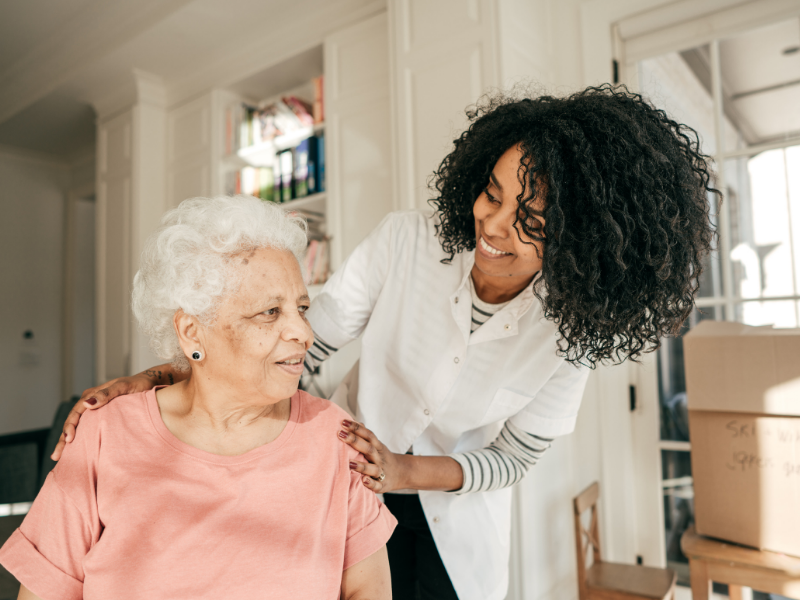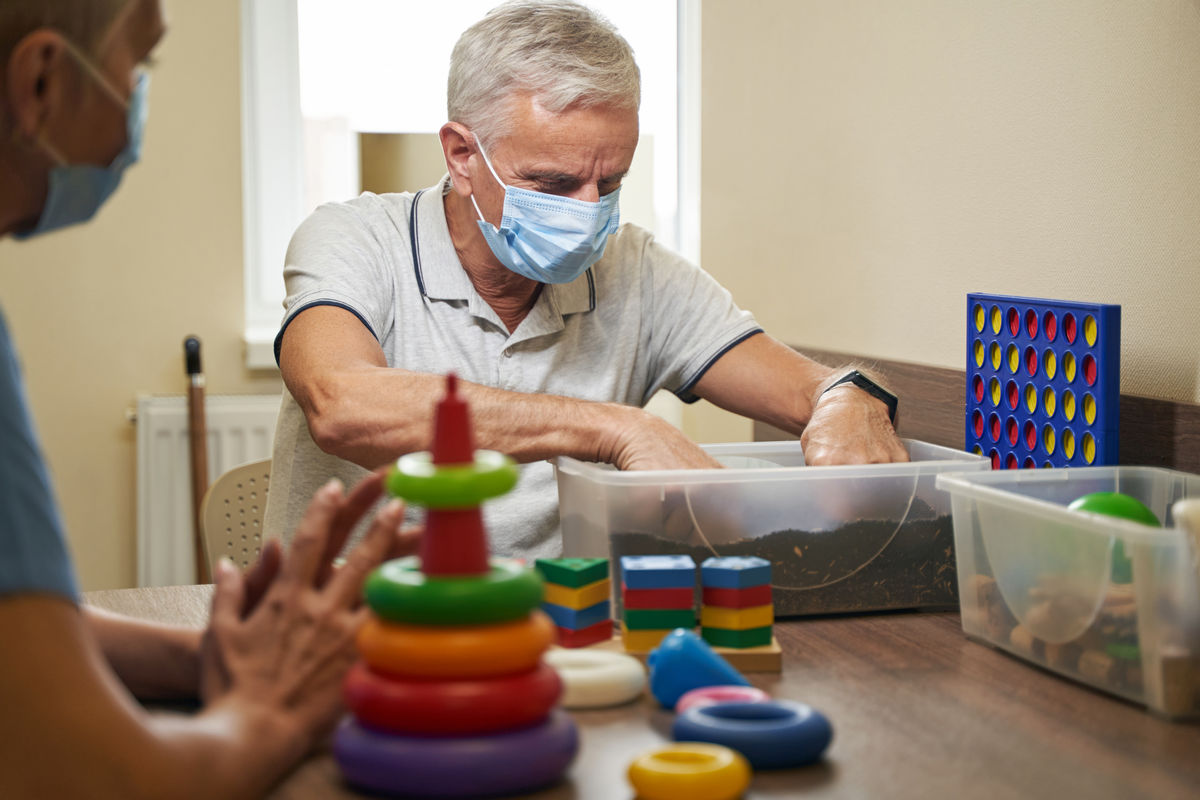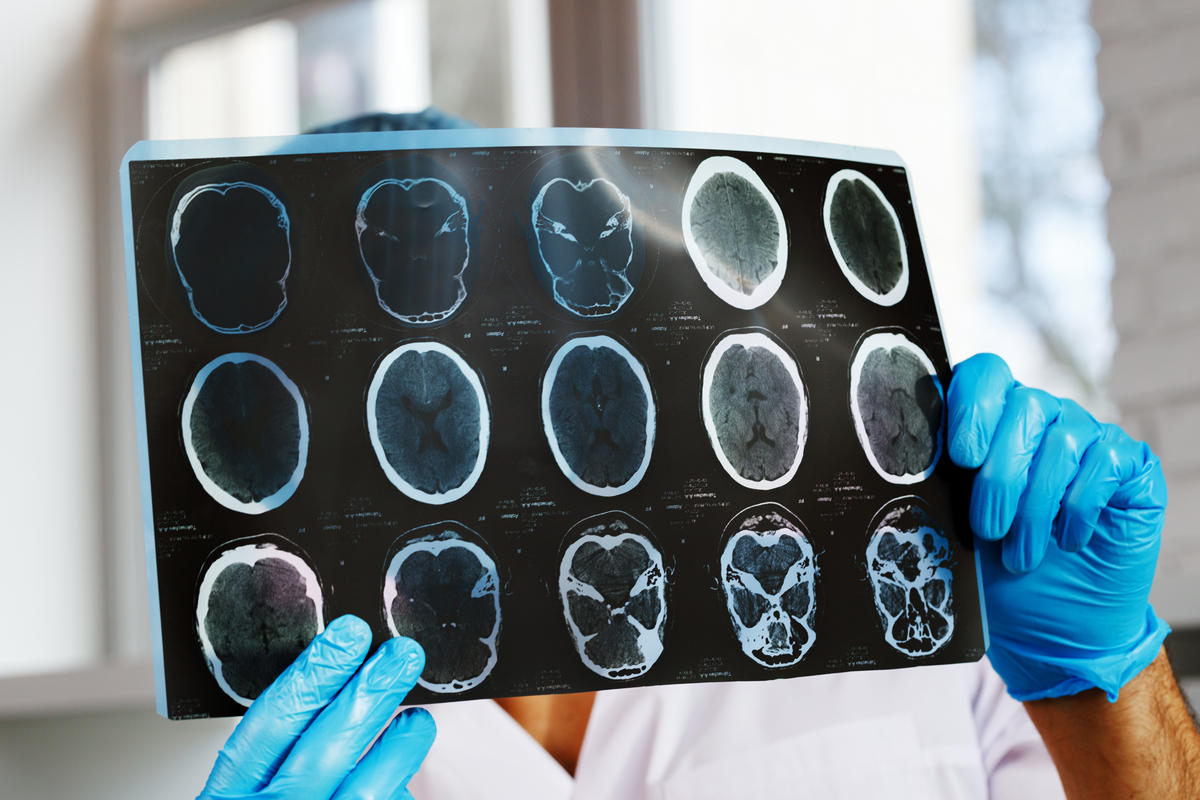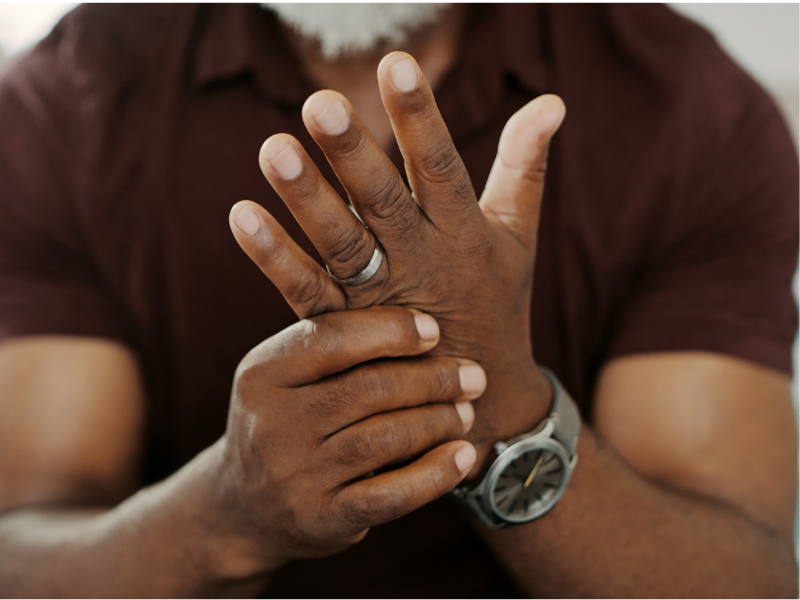May is National Stroke Awareness Month. As a home care agency for stroke recovery in Philadelphia, AmeriBest sees the impact of strokes on individuals and families daily. Did you know that, according to the American Heart Association, someone has a stroke every 40 seconds in the United States? It can lead to disabilities and death. The good news is that 80% of strokes can be prevented. Keep reading to learn more about stroke reasons, risks, signs, and post-stroke care in Philadelphia.
The Makings of a Stroke
A stroke occurs when blood flow to some part of the brain becomes blocked. Alternatively, it may happen when a blood vessel in the brain bursts. When brain cells do not get oxygen-bearing blood, they will die. This creates a medical emergency. The sooner stroke treatments can be administered, the better chances physicians have of allaying some of the potential results. Delays in stroke treatment increase the risks of permanent brain injury or even death.
Stroke Risks
There are a variety of factors that increase the potential for having a stroke. Some risk factors can be managed by medicine and monitoring, others cannot. If you have:
- A history of smoking, alcoholism, or using illegal drugs
- An abnormal heart rhythm
- Damaged heart valves
- Diabetes
- Heart Disease
- High Blood Pressure
- Hight Red Blood Count, Cholesterol, or Lipids. A high red blood count means your blood is thick, increasing the chance of clots. Cholesterol can thicken arteries
- Obesity
- TIA (transient ischemic attacks aka a mini-stroke) history
Then you have a higher propensity toward stroke, especially if more than one of these factors is in play.
While strokes can happen to anyone at any time, people over 55 have twice the chance of having a stroke. Men experience strokes more often than women. One in four people who survive a stroke are at risk for another.

Stroke Signs
The CDC explains the use of the FAST system to recognize the signs of a stroke.
F – Face drooping
A – Arm limp or weak
S – Speach issues, including stuttering
T – Time is of the essence – call 911 immediately.
What Can You Do?
When consulting with families in the AmeriBest Home Care Philadelphia, PA caregiver agency circle, we strive to educate everyone on ways to prevent stroke. The most important action is living a healthy lifestyle, including adjusting your meal and snack choices to more fruits and vegetables while avoiding trans fat, cholesterol, and salt.
It’s also important to watch your weight. Obesity increases stroke risk. The BMI index is one that shows you if your weight is in a healthy range. If you know your weight and height check it here. Hand in hand with your weight comes activity. Movement helps stabilize or even decrease your weight while supporting healthy blood pressure.
You can learn a lot and make great contacts by participating in a National Stroke Awareness event near you.
Home Care Agency for Stroke Recovery in Philadelphia
It can be overwhelming to care for a stroke patient while also attending to your own needs. That’s where home and community-based programs like those at AmeriBest come into the picture. We can provide your loved ones with improved safety, while also focusing on their recovery. Call the AmeriBest Home Care Philadephia office (215) 925-3313; 1-800-HOMECARE for information. You can also email info@ameribest.org, or use our online form for questions.




